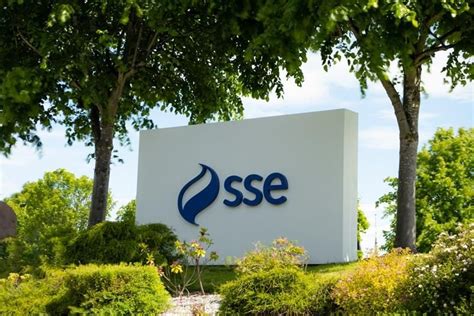Reforming fees charged to use the electricity network could accelerate cost-effective decarbonisation of Britain’s electricity system, putting the UK back on track meet its Net Zero targets. That’s the view of analysts Cornwall Insight, in a new report commissioned in partnership with power retailer SSE.
The study, ‘Reform options for TNUoS and constraint management’ explores how rethinking the Transmission Network Use of System charges to accommodate low-carbon technologies could have as much of an impact on decarbonisation as the radical market reforms currently being considered by the government. Such a re-jig could help achieve meaningful change in a much shorter timeframe, the energy think-tank asserts.
Conventional economic theory came up with the TNUoS charging framework, intended as a mechanism to recover from participants the costs of installing and maintaining Britain’s transmission cables, pylons and switches.
An ever more glaring fault in the set-up, however, is that it was designed to reflect a historic, centrally supplied market, rather than its dispersed, bi-directional future, as demanded by the nation’s transition away from polluting gas and coal mega-generators, towards potentially every hill and field making clean, carbon-free electricity.
Renewables generation, battery storage, and flexible demand are penalised unfairly by backward-looking charging conventions, Cornwall’s paper argues. The result is that fees imposed now on new technologies and ways of managing power flows often reflect unfairly their impact on networks. In consequence, that spurs uncertainty and demotivation among investors.
The effect, says Cornwall, is increased costs today for all market participants, from generators to aggregators to end users Worse, deployment is slowed of the clean generation sources essential to achieving Net Zero by mid-century.
The current set up fails too, Cornwall and SSE argue, to address networks’ growing need to cover rising costs of managing chokepoints and other system constraints. These costs should be managed so they present low or negligible barriers to the electrification of demand, and to the UK’s faster adoption of renewables which Net Zero dictates.
Potential solutions to such costing dilemmas could be evolutionary and incremental, the paper claims, infilcting less pain than some market at present fear. The analysts present the following innovations:
- TNUoS demand credits. These would see demand receiving credits in a similar way to generation in areas where they could benefit power grids.
- Tariffs specific to energy storage. A relatively small change to current TNUoS arrangements could see a set of tariffs created, expressly for energy storage sites. The tariffs’ design would mirror more closely the costs and benefits arising now from a system featuring growing numbers of grid-scale and near-grid-scale batteries.
Network economists and accountants need to think deeper, Cornwall’s paper urges, into new options that could address the cost of continuing constraints on the transmission network. Ideas advanced by the think tank include:
- Expanding the NG-ESO’s Constraint Management Pathfinder. Extending the National Grid ESO’s existing activities, such an expansion would see a wider application of the same approach to achieving or paying for more behavioural solutions, achieved without ‘big’ engineering or heavy capital spending.
- Rewarding demand management more richly through the Balancing Mechanism. Extending lessons learned from recent load-shifting trials on regional and national grids, more sensitive incentives should exist for conscious time-switching, as practised by heavy-using individuals including industries, and by their aggregators. Incentivising users previously thought too small or unsophisticated to dabble in the Balancing Mechanism would be part of this innovation.
- Improved data sharing by NG-ESO. Persuading or compelling the UK’s backbone operator to open its operational books in greater detail to market traders over longer timescales could foster more intelligent trading and minimise the need for expensive grid re-engineering.
Cornwall Insight’s principal consultant Adam Boorman opined: “As the government considers revolutionary reforms in our energy market, there’s merit too in considering more gradual approaches. These can still deliver transformative results in less time and with minimal disruption.
“No single solution can comprehensively tackle the challenges of decarbonising the electricity system”, Boorman went on.
“But a combination of incremental changes to areas such as network charging can provide us with the means to make substantial improvements without the need for a protracted and costly overhaul of the energy system.”
From SSE, the paper’s sponsor, market development director Angus MacRae echoed the insight.
“The UK is rightly moving towards a strategic, coordinated approach to building the low carbon infrastructure required to deliver a clean, homegrown energy system, most notably with the accelerated deployment of the transmission network required to connect the huge wind potential across Great Britain.
“However, the current transmission network charging methodology….adds cost and risk to investment in renewable energy in the areas of greatest resource. Importantly it doesn’t incentivise investment in storage and flexible demand in areas where it is needed most.
MacRae added: “This report highlights a set of deliverable, incremental changes to transmission charges and balancing markets. They could unlock significant investment in batteries, hydro-pumped storage and hydrogen electrolysers in congested areas of the network.
“These changes will enable the better use of the deployed renewable energy capacity, reducing emissions and costs for consumers, without the delays and disruption to renewables investment that would come with more disruptive changes to the electricity market in Great Britain.”
For more information, write to this link.




